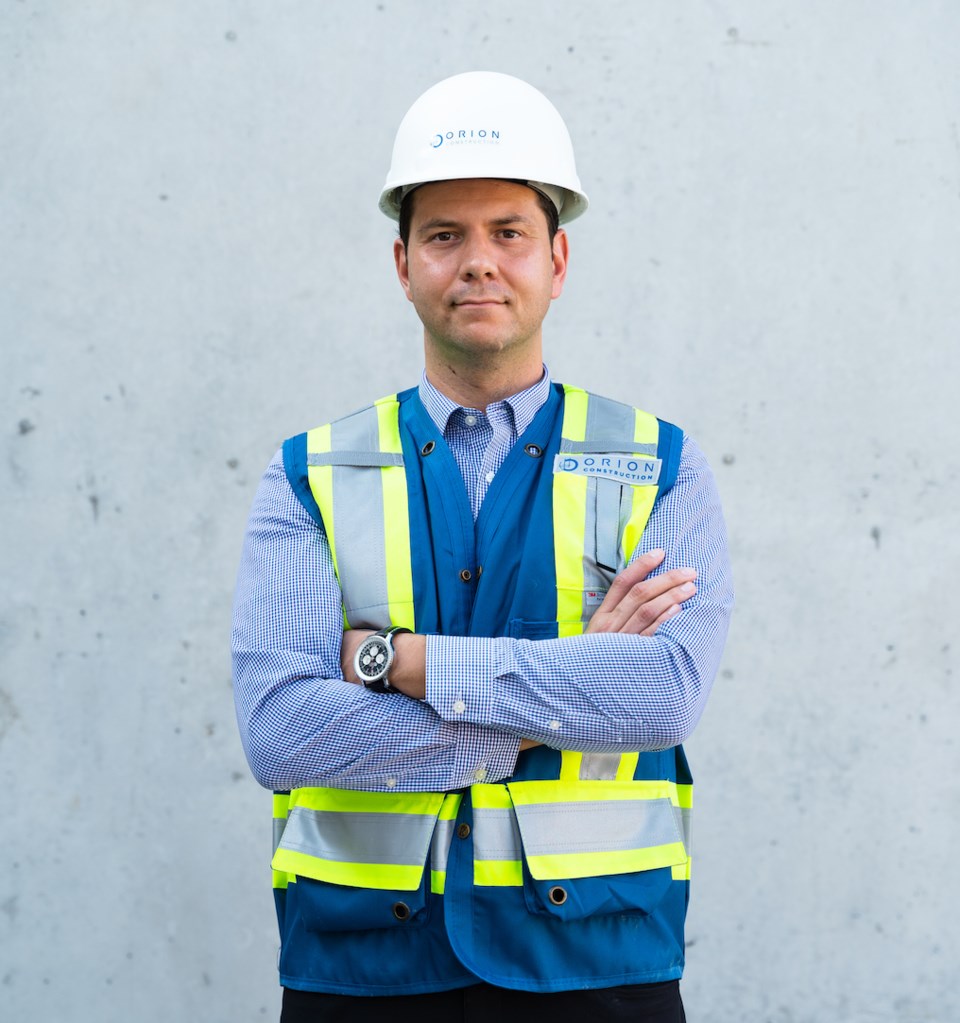The recent devastation caused by flooding in communities like Abbotsford, Merritt and along essential highway and transport links in southern British Columbia has taught us a painful lesson that we probably should have seen coming.
Our supply chains are vulnerable, and far too dependent on centralized distribution and warehousing centres in Metro Vancouver.
There are complicating factors.
The availability of industrial space and warehouses in the Metro Vancouver region larger than 100,000 square feet has already dropped to virtually zero, which threatens to strangle economic growth and business expansion in the region — an issue exacerbated by Mother Nature’s potential to wreak havoc on our transport infrastructure.
The insatiable demand for industrial space, particularly for spaces larger than 100,000 square feet, has never been stronger, according to Colliers Industrial Market Report for the third quarter of 2021.
This quarter represents the fifth consecutive quarter of no vacancies in the 100,000+ square feet size range and the second consecutive quarter where there were no vacancies larger than 50,000 square feet, the report said.
With the province’s economy rebounding from the pandemic and reinforced by a stronger-than-ever e-commerce market, demand for space will likely accelerate through 2022.
The time has arrived to prioritize the development of large-scale warehousing in other B.C. communities including Kamloops, Kelowna, Victoria and Langford. Our provincial and national economy depend on it and our vulnerability to extreme weather due to human-caused climate change is intensifying this need.
The Interior and Vancouver Island can be part of the solution.
Within the pandemic and post-pandemic “new normal”, more people will be relocating from the Lower Mainland to other communities in the province. Our transition to remote work, and newfound appreciation for a less urban lifestyle will guide or pull more people and workers to Kelowna, Kamloops and cities on the Island. We know many big city dwelling Canadians are eager to leave our urban centres.
Kelowna is one of Canada’s fastest-growing cities and that’s a trend we expect to continue, and possibly accelerate.
This is also a suburban story. Communities like Chilliwack, Mission and Abbotsford are increasingly attracting industrial development and provide a strategic alternative for warehousing and distribution centre expansion.
We need more industrial land and larger warehouses.
Anyone listening to radio ads in Metro Vancouver recently knows that Amazon, and companies like them, are hungry for workers. They’re also hungry for space.
The biggest gap our local market faces is for warehouses larger than 100,000 square feet to fulfill e-commerce orders and distribute products. But when we think about future demand, don’t be surprised if companies are more interested in spaces reaching or surpassing one million square feet.
These locations will also need to be flexible and automation-ready, while reasonably well connected to highways, airports and population centres. There are such options around the province.
There is currently about six million square feet of new industrial product being built in Metro Vancouver, but that won't be enough to substantially increase vacancy in this region.
The result will likely be a further space squeeze in Metro Vancouver, resulting in higher leasing rates and challenges for businesses looking to expand or relocate. It’s a recipe that could further exacerbate supply chain challenges that already existed in our province before the November floods wiped out sections of the Coquihalla, Highway 1 and other crucial transport linkages.
It’s time to prioritize developing and securing large format warehousing spaces in other cities around B.C. to help create a more diversified and secure provincial economy.
- Josh Gaglardi is principal of Orion Construction in Surrey, B.C.



